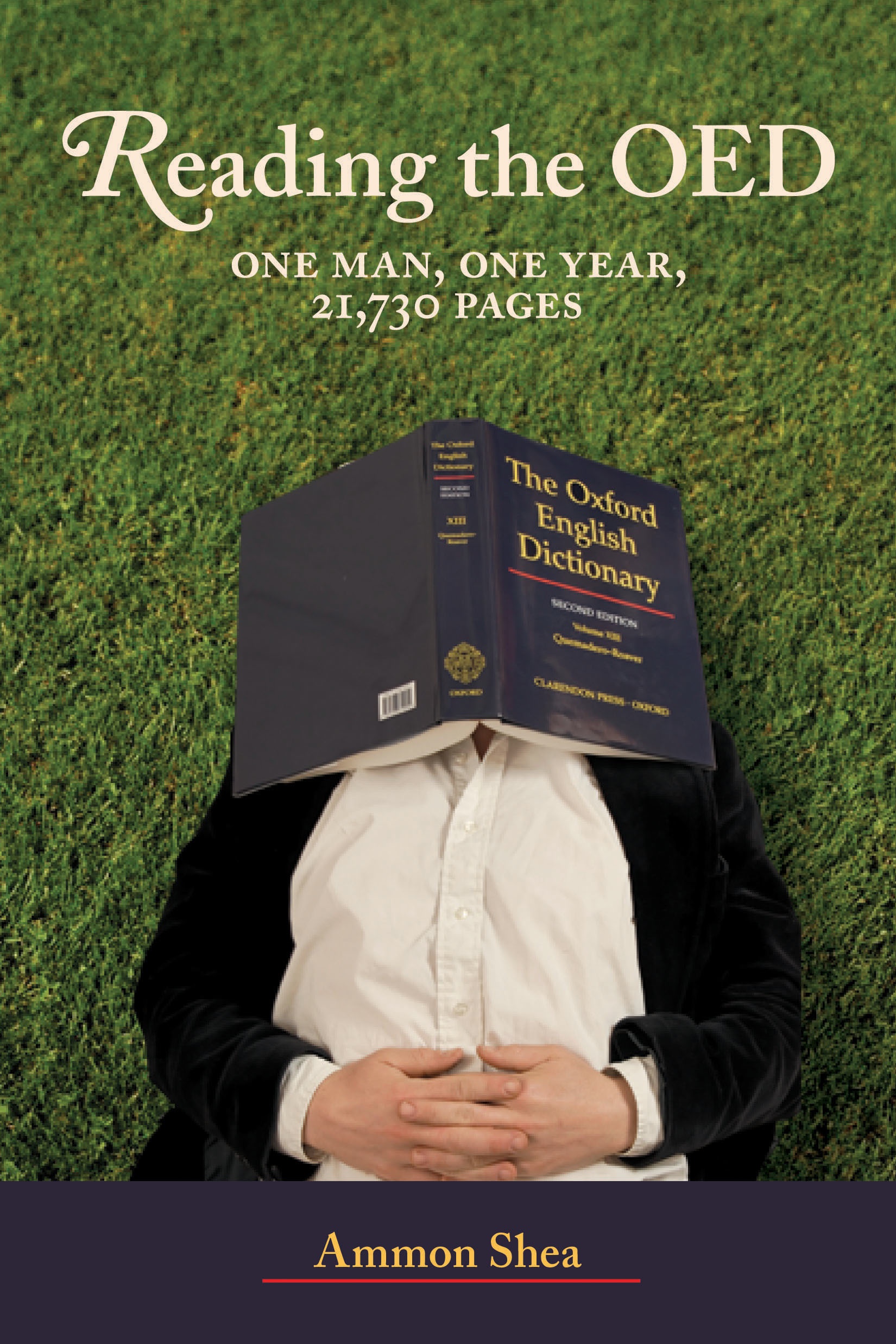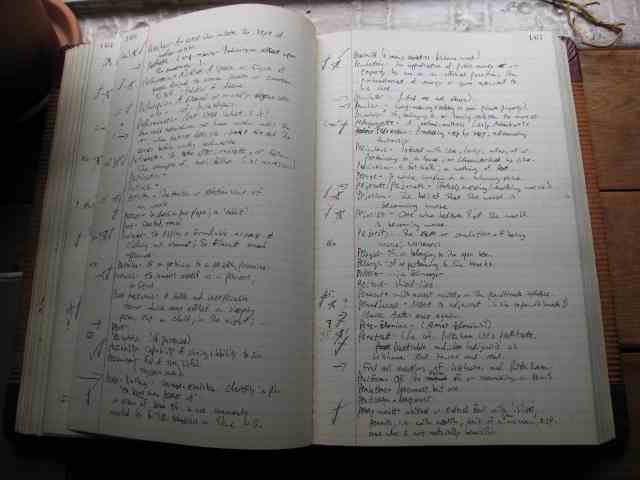काला धन मामला , निर्धनता और मोदी जी के मन की बात मामला काला धन का हो या नकली धन का हो मोदी जी अपनी बात तो देश विदेश में या रेडियों पर अक्सर रखते हैं पर काला धन , नकली धन के चक्कर में निर्धन को न भूल जाना मोदी जी नकली वोट, […]
The post काला धन मामला , निर्धनता और मोदी जी के मन की बात appeared first on Monica Gupta.
By Bruce Lidl The digital comics landscape has settled down significantly in recent months. Since Amazon’s acquisition of ComiXology in April 2014, it has become essentially the de facto standard for digital comics and now distributes just about every publisher around. Unless a real industry-wide Netflix-type subscription model ever takes off, it is hard to see […]

Mobile Device Sizes Changing Rapidly
by Bruce Lidl
While the landscape for digital comics continues to develop in the post-Amazon takeover of comiXology era, the devices upon which those comics will be consumed are evolving as well. New announcements and new devices appear almost daily, with a number of eagerly-awaited devices rumored to hit in the next few weeks, most notably new, larger iPhones. Trends seem to be shifting towards ever bigger mobile phone devices, while tablets begin to cool. Taken together both indications may actually point to a brighter future for digital comics.
The iPad, of course, popularized the tablet category and has remained the segment leader since its launch in April 2010, with almost unheard of sales figures, even while maintaining relatively high price points. Competing devices have flooded the market in the iPad’s wake, but the generally cheaper Android powered devices have mostly filled market niches, while providing a large diversity in size, performance, appearance and media tie-in. Newer models with improved screens continue to appear from Amazon (Fire HDX), Samsung, Sony, Lenovo, Asus, Toshiba and many more in the $175-299 price range, while sales and refurbished older models can bring the prices of modest but name-brand Android tablets down under $100. This wave of tablets, especially those from Amazon and Barnes & Noble, have also had the effect of weakening interest in traditional black and white eReaders, a category that limps along at this point.
In a surprise to many, however, the tablet boom is beginning to slow down considerably in recent months. In Apple’s last financial releases, iPad sales numbers have declined both quarterly and in year-to-year figures. Tablet sales from other manufacturers also seem to be declining, raising the question of where tablets fit into the mobile device ecosystem and why tablet owners are not replacing them as fast as smartphones. Is it a lack of innovation in new tablets? A lack of new use-cases or new applications, that might spur sales? Are older models still capable of doing everything that users want from their tablets (primarily media consumption, web browsing and light email)?

On the other end of the mobile device spectrum, sales continue to climb for smart phones, and will likely only jump further with the release of new iPhones, possibly as early as next week. Tellingly, the major innovation that is expected from the iPhone 6 is screen size: according to the most reliable of Apple watchers, the new phones will continue to increase screen real estate. The original iPhone had a 3.5 inch screen with a 480×320 resolution, while the latest 5S has a 4 inch 1136×640 pixel resolution. The expectations for the iPhone 6 is 4.7 inches with a 1334 × 750 resolution, and an even larger iPhone 6L at 5.5 inches and 2208 × 1242, pushing the latter device firmly into the hybrid category sometimes called “phablet.” Samsung has been the leader in the bigger is better smartphone segment with it’s Android Galaxy Note devices, which have had screens as big as 5.3 inches since 2011, and the latest model, the Note 4 just announced yesterday, is 5.7 inches at 2560 x 1440 resolution. Other highly anticipated upcoming devices include rumored Motorola Nexus devices (“Shamu”) at 5.2 and possibly 5.9 inches. And just to show how expectations of smartphone size has changed, a recently announced device from Chinese manufacturer ZTE, the Nubia 5S, with a screen of 4.7 inches, 1280×720 pixels, is called the “Mini.”
Is there a link between the slowing in tablet sales and the ever increasing phone screen size phenomenon? Does owning a device like the Samsung Galaxy Note make also carrying a tablet superfluous? Could larger iPhones cannibalize iPad sales, at least of the iPad Mini (7.9 inches, 1024×768 or 2048×1536)? Evidence at this point is very sketchy, and it’s also quite possible that larger phones will just drive tablet manufacturers to increase screen size as well, and in fact there are rumors of a new, larger iPad in the works with a 12.9 inch screen. The next few months, leading into the holiday buying season will clearly indicate the direction the mobile device trends are going in, and whether or not we will have to start looking for pants with larger pockets to hold our monster sized phones.
From a digital comics perspective, the evolution of mobile screens could have a very large impact, particularly as they remain the primary consumption device for such comics. The rise of comiXology matches in many ways the growth of the iPad, and it’s not a coincidence that Amazon wanted to purchase a key digital content distributor to integrate with its hardware offerings. While a weakening tablet market may be somewhat worrisome to digital comics sellers, the explosion of interest in larger sized phones may be a far more beneficial development. Reading comics on smaller phones, even with Guided View type applications, can be very frustrating, but as those screens get bigger and better, smart phones may indeed become more suitable for comics consumption. Reading comics on a 5.7 inch Samsung Note 4 phablet is actually a pretty decent experience and not that far off of 7 inch Kindle Fire in any case. And even more so, if Apple does, indeed, embrace this size trend wholeheartedly with a 5.5 inch iPhone, a device with the prospect of true mass acceptance, the landscape of digital comics friendly devices could grow explosively in the near future.
4 Stars Drummer Boy of John John Mark Greenwood Frané Lessac Lee and Low Books Pages: 32 Ages: 4+ Jacket: Carnival is coming and the villagers of John John, Trinidad, are getting ready to jump up and celebrate with music dancing, and a parade. Best of all, the Roti King has promised free rotis—tasty friend [...]
Ammon Shea  recently spent a year of his life reading the OED from start to finish. Over the next few months he will be posting weekly blogs about the insights, gems, and thoughts on language that came from this experience. His book, Reading the OED, has been published by Perigee, so go check it out in your local bookstore.In the post below Ammon reflects on note-taking.
recently spent a year of his life reading the OED from start to finish. Over the next few months he will be posting weekly blogs about the insights, gems, and thoughts on language that came from this experience. His book, Reading the OED, has been published by Perigee, so go check it out in your local bookstore.In the post below Ammon reflects on note-taking.
Every so often I find myself engaged in some activity that works out much better than I had expected it to. When this happens I inevitably find myself thinking ‘why don’t I remember to do this all the time?’, as though I could irrevocably change my life for the better, if only I took careful notes of what works and what doesn’t, and then scrupulously followed those notes in all my future endeavors.
But just as inevitably I cast aside these intentions, and far too often find myself engaged in some activity that doesn’t work quite so well as I’d hoped. Of late, I’ve been wondering why I don’t keep notes when I read.
I always keep notes when I read a dictionary; if I don’t I find myself constantly plagued by the feeling that there is a word I can’t remember, somewhere back in the first three letters of the alphabet, and I’ll waste some large portion of a morning going back and fruitlessly searching for it. So when I sat down to read the OED last year I did so with a blank book in which I planned on keeping notes.
Because the OED was a larger dictionary than any other I had read I decided to get a larger book for a  my notes. I found a used book dealer in Massachusetts who had a blank nineteenth century daybook; 500 enormous pages of clean old paper that had been waiting patiently for well over a hundred years for someone to come along and write on them. In it I wrote all the words that I came across that I liked, or the things about which I had questions, or any thoughts that I had about the dictionary as I read it.
my notes. I found a used book dealer in Massachusetts who had a blank nineteenth century daybook; 500 enormous pages of clean old paper that had been waiting patiently for well over a hundred years for someone to come along and write on them. In it I wrote all the words that I came across that I liked, or the things about which I had questions, or any thoughts that I had about the dictionary as I read it.
The book is filled halfway with my scrawls, inkblots, and coffee stains. Sometimes I’ll look through it if I’m looking for some word that slipped out of mind, and sometimes I’ll just pick it up to browse through. It is an extremely condensed and personal version of the OED. While it lacks the majesty and erudition of that work it does do a wonderful job of reminding me why I enjoyed reading it in the first place.
Why don’t I keep notebooks for the other books I read? I’ve tried many different methods of memorializing my books – dog-earing pages that I want to come back to, interleaving sheets of paper with jotted comments, penciling or penning in marginalia. In all cases I have similar results: the beginning of the book is marked with this readerly spoor, but as I progress through the pages the intentions apparently give way to the simple pleasure of reading in the moment, without plans for the future, and the notes and creased pages die off.
Part of me thinks that keeping notes for reading non-reference works is a waste of time. I tell myself that I’ll always remember certain parts of certain books – some writing is so terribly well done that it sears itself into my memory. At least, that’s what I thought, and to prove it to myself this morning I picked up what has long been one of most treasured and well-remembered books, Bohumil Hrabal’s Too Loud a Solitude. It’s a tiny little novel, with an utterly improbable amount of joy and sadness packed into just under a hundred pages. I’ve read it a number of times, and one of the things about it that I remember most clearly is that every single chapter begins with the exact same line: “For thirty-five years now I’ve compacted wastepaper in a hydraulic press…”
Yet when I looked at it this morning I discovered that I was wrong. Many of the chapters begin with some variation of this line, but no two are exactly the same, and some chapters are missing it completely. At first I found this extremely disconcerting - if only I had kept notes when I read this book I never would have spent all these years cherishing a false memory. And then I realized the absurdity of keeping notes for reading a 98 page novella.
My memories of this book are inimitably mine and every bit as real and meaningful as the book itself. The fact that they are graced with the creativity of imprecise recollection gives this book even more of a hold on me. The enjoyment I get from rereading my notes on the OED notwithstanding, I’ll continue to read my books without an eye to the future.
ShareThis








 my notes. I found a used book dealer in Massachusetts who had a blank nineteenth century daybook; 500 enormous pages of clean old paper that had been waiting patiently for well over a hundred years for someone to come along and write on them. In it I wrote all the words that I came across that I liked, or the things about which I had questions, or any thoughts that I had about the dictionary as I read it.
my notes. I found a used book dealer in Massachusetts who had a blank nineteenth century daybook; 500 enormous pages of clean old paper that had been waiting patiently for well over a hundred years for someone to come along and write on them. In it I wrote all the words that I came across that I liked, or the things about which I had questions, or any thoughts that I had about the dictionary as I read it.
I’ve had my Kindle Fire HD for 3 years now, still in great working condition. I’ve no desire to buy a new tablet since my current one is still rocking. I read tons of comics on it, from comixology and now my local library whom rents their digital editions in cooperation with amazon.com.
“Since Amazon’s acquisition of ComiXology in April 2014, it has become essentially the de facto standard for digital comics and now distributes just about every publisher around.”
Except of course for those it refuses to distribute. Amazon is now in the same position as Diamond: they can’t stop you from selling your comic, but they can stop you from using the largest market for comics readers.
As for the questions posed here… Larger screens are nicer for reading, but I don’t see a lot of people investing in $800 tablets just to get a large-print version of their comics. Especially since creators/publishers have to produce and format their work with 7-inch tablets in mind.
I like reading comics on my 9.7 iPad. I think the iPad mini or even my daughters 7″ Kindle Fire are too small for comics reading however. I’d love an iPad pro to read my comics on but I don’t want to carry that huge screen around with me when I travel. If money was no object, I’d buy the pro for home and keep my 9.7 for traveling but as it stands, the 9.7 is the best all around screen size for me personally and that’s what i’ll buy when it’s time to upgrade my current tablet.
Hoopla, the digital content platform used by many public libraries has done an impressive job bringing comics to their digital offerings. My local library added hoopla comics last month, and I was surprised by the relatively new content across major publishers with some such as Boom offering single issues. The hoopla titles are able to read in both fit-to-screen and panel view mode. Has anyone else used Hoopla? My library limits to 10 digital hoopla items a month and I’m wondering if this is the same everywhere.
I read a lot of comics on my Galaxy Tab 3 which is “old” (is 2 year & a half old ?) and it does the job really well. When it doesn’t Comixology Guided View do the trick. :)
I don’t think about changing my tablet soon and I don’t see why I should or how it should affect the comics market. After all, I’m concerned about digital comics not hardware. So as long as Comixology (or Image Comics for instance) is doing money, my collection is still safe. :)
I switched from an iPad to a Samsung Galaxy Note 10.1 about 6-8 months ago. I use it for all my comic reading. I stuck with iPad for a long time because I was so invested in the infrastructure (apps and games), but I’m sick of the high prices and the lack of expandable memory. The first thing I did with my Samsung was stick a 64 GB micro SD card in it.
To sort of “protect” my Apple investment, I did move to a larger iPhone 6 Plus so I can use my phone for more “tablet” things, but I’ve yet to read any comics on it. I have read a magazine and of course books, but comics are so much more visual I like the large screen for reading. I do like the idea of a 12.9 inch screen, but I won’t buy one until an Android manufacturer produces one (and my current tablet gets older/outdated).